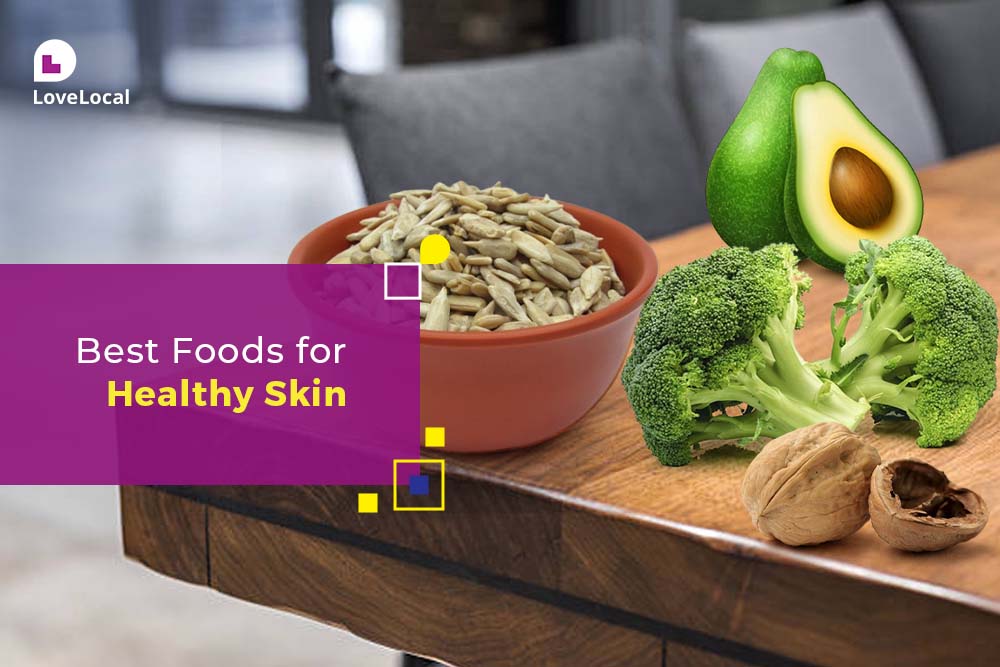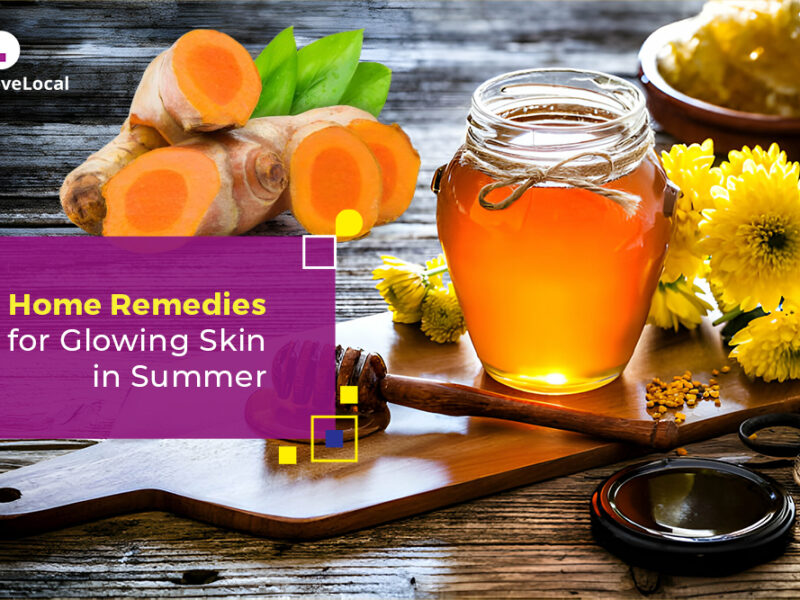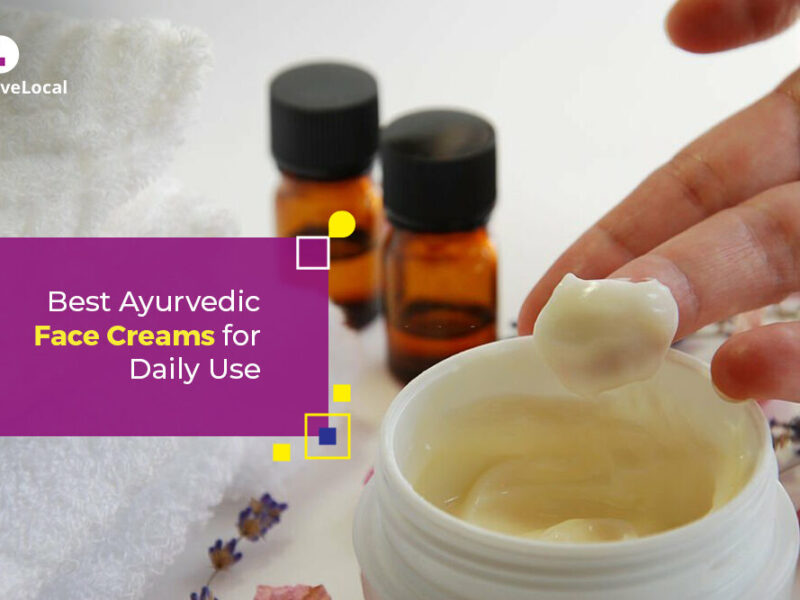Your skin is your body’s largest organ, and it’s important to take care of it and give it foods for healthy skin. Eating a nutritious diet is one of the best methods to do that. Radiant, healthy skin is not solely a result of skincare products and treatments; it’s a reflection of your overall well-being, and what you nourish your body with plays a significant role. A healthy skin diet that is the foods you consume can impact your skin’s appearance, vitality, and overall health. Let us take a deep dive into the world of nutrition, explore food for glowing skin and how incorporating specific them into your diet can pave the way to glass like, healthy skin.
The Skin-Food Connection: Understanding the Basics
Your skin is not just an outer layer; it’s a dynamic organ that reflects your internal health. The nutrients you provide your body through your diet directly influence your skin’s condition, resilience, and radiance. Here’s a closer look at how various nutrients contribute to the health of your skin:
1. Antioxidants: Shields Against Aging

Antioxidants are your skin’s best defense against the damaging effects of free radicals, which accelerate aging and lead to various skin concerns. Vitamins C and E, as well as compounds like beta-carotene and flavonoids found in fruits and vegetables, are known to be the foods for healthy skin which neutralize free radicals and support collagen production, ensuring your skin remains youthful and vibrant.
2. Healthy Fats: Nourishment and Protection

Incorporating healthy fats into your diet is essential for maintaining the integrity of your skin’s barrier function. Omega-3 fatty acids, abundant in fatty fish, flaxseeds, and walnuts, help retain moisture, soothe inflammation, and provide a supple, healthy complexion.
3. Vitamins: Building Blocks of Skin Health
Vitamins are instrumental in promoting skin repair, renewal, and overall health. Try to incorporate maximum vitamins in your foods for healthy skin. Vitamin A encourages cell turnover and maintains skin’s texture, while vitamin E helps in tissue repair and protects against UV-induced damage. Vitamin C is a potent collagen builder that also brightens the skin and aids in wound healing.
4. Hydration: Skin’s Best Friend
Hydrated skin is healthy skin. Drinking ample water ensures proper circulation, detoxification, and skin cell function, contributing to a clear, radiant complexion. Three to four litres of water along with the foods for healthy skin can be a game changer.

5. Minerals: Best Foods for Healthy Skin
Zinc is known for its role in controlling inflammation and promoting skin healing, making it crucial for those with acne-prone skin. Selenium, copper, and magnesium are also important minerals for maintaining skin health.
Your skin is not just an outer layer; it’s a dynamic organ that reflects your internal health. The nutrients you provide your body through your diet directly influence your skin’s condition, resilience, and radiance. Here’s a closer look at how various nutrients contribute to the health of your skin:
Best Foods for Healthy Skin
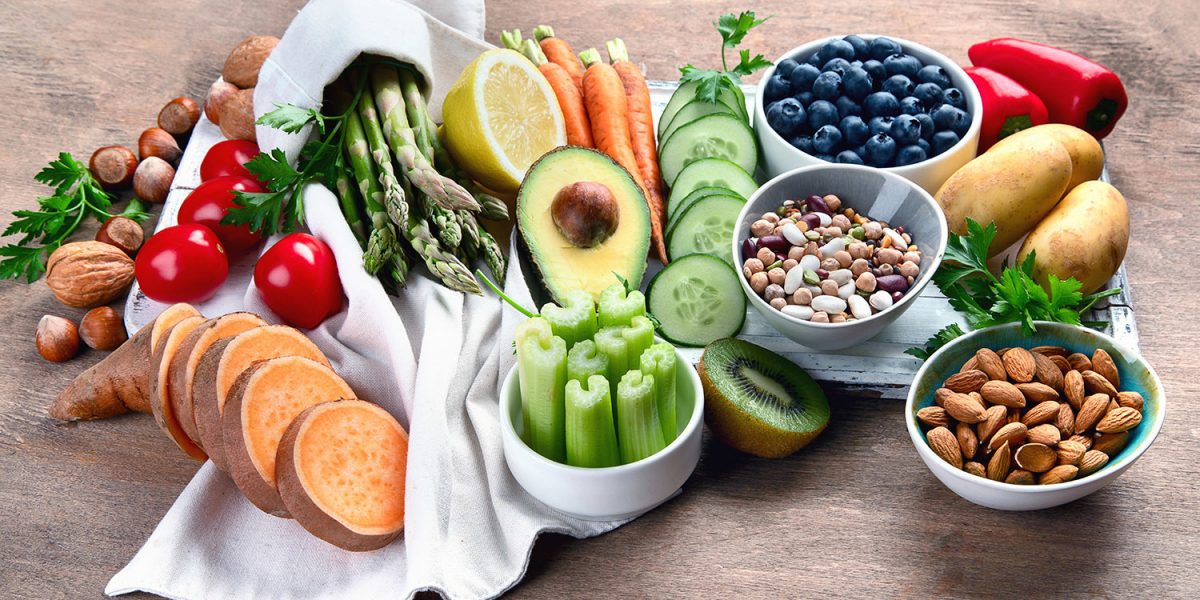
- Berries: Blueberries, strawberries, and raspberries are best fruits for glowing skin and is rich in antioxidants that protect the skin from damage and aid in collagen production.
- Fatty Fish: Salmon, mackerel, and sardines are loaded with omega-3 fatty acids are known to be the best foods for healthy skin and reduce inflammation.
- Nuts and Seeds: Almonds, walnuts, flaxseeds, and chia seeds provide healthy fats, vitamins, and minerals essential for skin health.
- Leafy Greens: Spinach, kale, and Swiss chard are packed with vitamins A and C, along with minerals like zinc and magnesium.
- Colourful Vegetables: Carrots, sweet potatoes, and bell peppers contain beta-carotene, which supports skin health and provides a natural glow.
- Avocado: This creamy fruit on the top of the foods for healthy skin list is a great source of healthy fats and vitamin E, both of which contribute to soft and supple skin.
- Citrus Fruits: Fruits good for skin are Oranges, lemons, and grapefruits, which is rich in vitamin C, supports collagen production and brightens the skin.
- Whole Grains: Whole grains like brown rice, quinoa, and oats provide a steady supply of energy and essential nutrients for skin health.
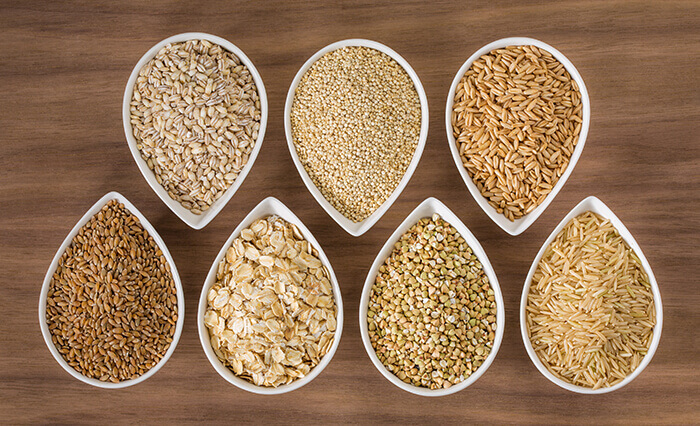
In addition to eating foods for healthy skin, there are also a few other things you can do to improve the health of your skin:
- Wear sunscreen: The best defense against the sun’s damaging rays is sunscreen. Sun exposure can cause premature aging, wrinkles, and skin cancer.
- Avoid smoking: Despite of consuming all the foods for healthy skin, smoking damages your skin and makes it look older. The best thing you can do for your skin is to stop smoking.
- Sleep Enough: Since your body creates more stress chemicals when you don’t, which might harm your skin. Try to get adequate sleep each night.
- Reduce stress: Your skin can become damaged by stress. Find healthy ways to manage stress, such as exercise, yoga, or meditation.
By following a diet for glowing skin, wearing sunscreen, avoiding smoking, getting enough sleep, and managing stress, you can improve the health of your skin and look your best.
Creating a Skin-Nourishing Diet
- Stay Hydrated: Water is essential for maintaining skin hydration and promoting a healthy complexion. Aim for 3-4 litres of water each day.
- Limit Sugar and Processed Foods: High sugar intake and processed foods does not comes under foods for healthy skin and can lead to inflammation and breakouts. When possible, choose entire, unprocessed meals.
- Moderate Dairy Intake: Some people may find that dairy products exacerbate skin issues. If you suspect this, consider reducing your dairy consumption to see if it makes a difference.
- Healthy Fats: Incorporate sources of healthy fats in your foods for healthy skin like avocados, nuts, and olive oil to support skin elasticity and moisture retention.
- Balanced Diet: Focus on a well-rounded diet that includes a variety of nutrient-rich foods to ensure you’re getting all the necessary vitamins and minerals.
Conclusion
Achieving healthy, radiant skin involves more than just topical treatments. Foods for healthy skin plays a pivotal role in nurturing your skin from within. By incorporating foods rich in antioxidants, essential fatty acids, vitamins, and minerals, you’re giving your skin the nourishment it needs to shine. Remember, healthy skin is a reflection of a balanced lifestyle, so prioritize not only the foods for healthy skin you eat but also proper hydration, stress management, and sufficient sleep. With a holistic approach to skincare that encompasses both internal and external care, you’re on the path to unlocking the radiant, healthy skin you’ve always desired.

